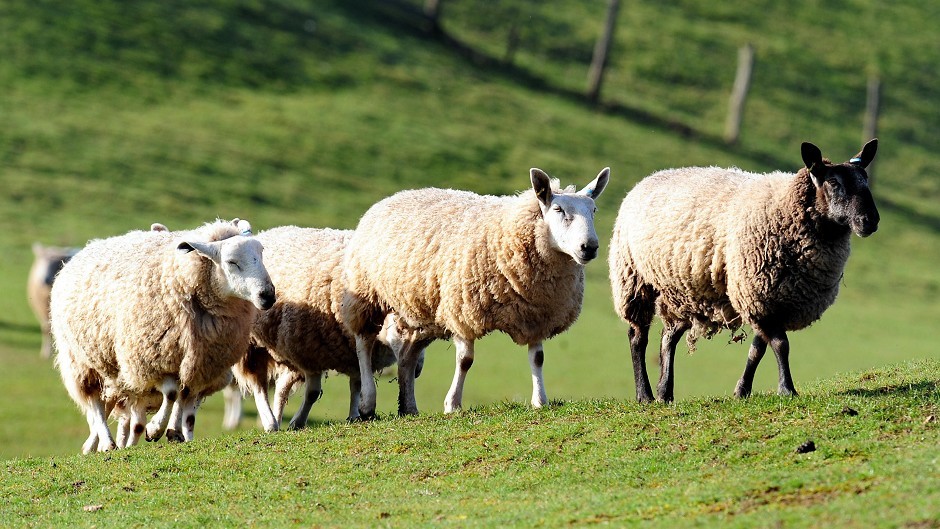Farmers and crofters in Scotland’s remote and upland areas should finally received letters outlining the arrangements for getting payments through the Less Favoured Area Support Scheme (LFASS).
Problems with the government’s farm subsidy payments IT system meant payments under the LFASS scheme were at risk of not being delivered on time.
However earlier this month government announced plans to bypass the computer system and use national funds to give producers payments totalling around £65million by the end of this month.
It is now understood that around 11,500 hill farmers and crofters have received letters from government outlining how much money they are likely to receive and when.
NFU Scotland last night said it had been told that around 7,700 businesses whose claims have not changed much between 2014 and 2015 would received 90% of their 2014 payment through the national fund with the remainder paid later in the year.
Around 1,400 businesses which quality for the minimum LFASS payments of £385 are expected to receive 100% of their payments, while those whose applications are significantly different for 2015 will receive 50% of their 2014 claim with the balance paid later in the year once the claim has been verified.
The union said the letters may appear to be “overly-complicated” due to the requirement to include technical detail – the government’s decision to issue advance payments results in implications with state aid rules. The interest component of the advanced payments, rather than the principal sum, are viewed as state aid and, according to NFU Scotland, only a few LFASS claimants could be affected by this.
As such, the union said acceptance of the terms as outlined in the LFASS payment letters was a “self-declaration that the state aid limit is not breached”.
“The letter may look overly-complicated but as this is a national scheme, Scottish Government has legal obligations to meet and makes the inclusion of technical detail necessary. The main thing is ensuring that it delivers 90% of the £65million budget to the sector by the end of the month as planned,” said NFU Scotland’s director of policy, Jonnie Hall.
“In terms of operation, we understand that as it is a national scheme, Scottish Government must charge notional interest as it is essentially an advance. Government officials have confirmed that individuals will not have to pay interest. The government would cover any interest charge that might apply, and that would be considered as state aid.”
He said for the vast majority of claimants no action was needed, and for those wanting to receive support sooner rather than later they were best not to “opt out” of the rules outlined in the LFASS letters.
“As it is a national scheme, state aid is a consideration and I would urge all claimants to look at the list of previous state aid schemes to assess if they may be affected. Given the rolling ‘de Minimis’ ceiling of 15,000 euros (£11,625) per business over three years, only a few are likely to be caught,” added Mr Hall.
